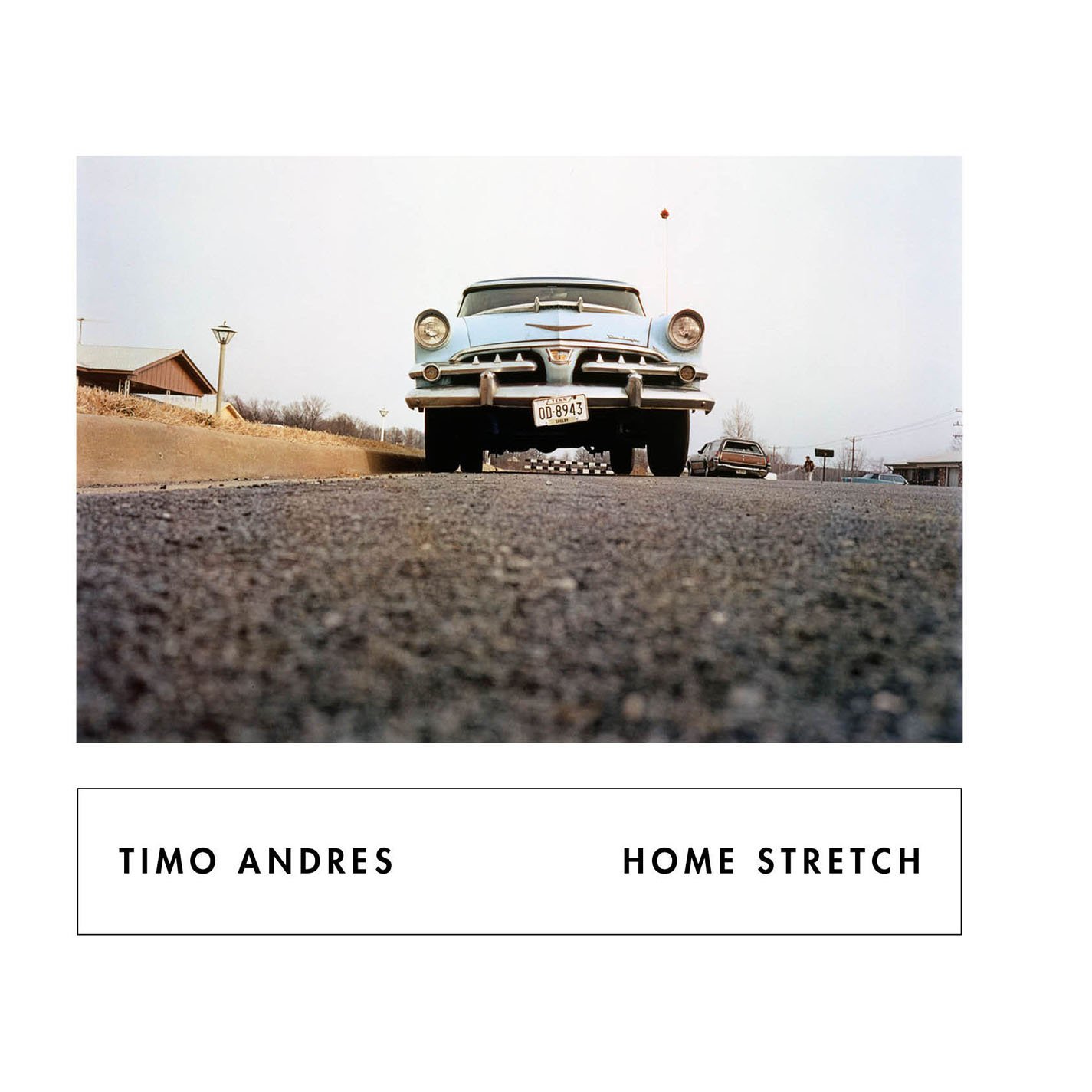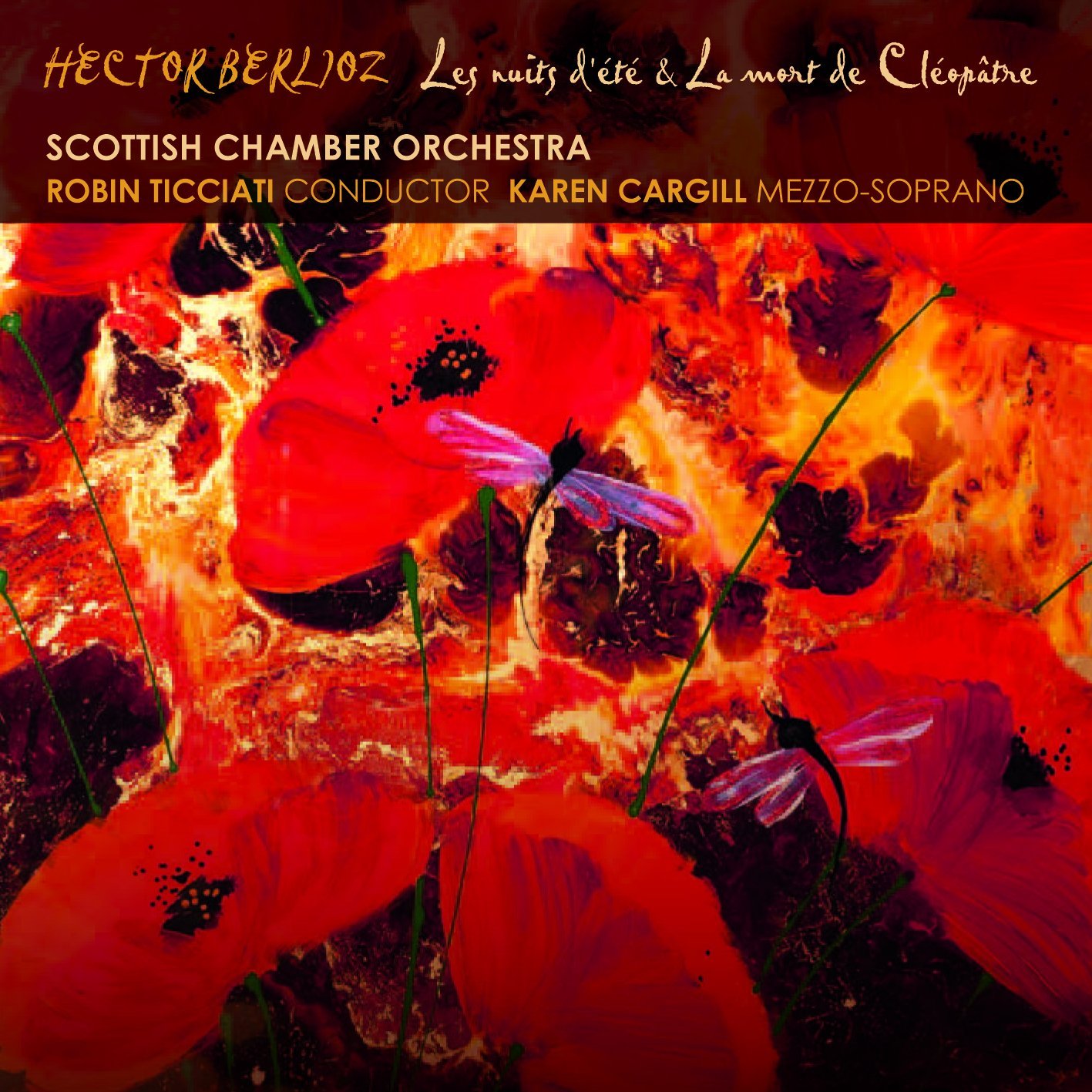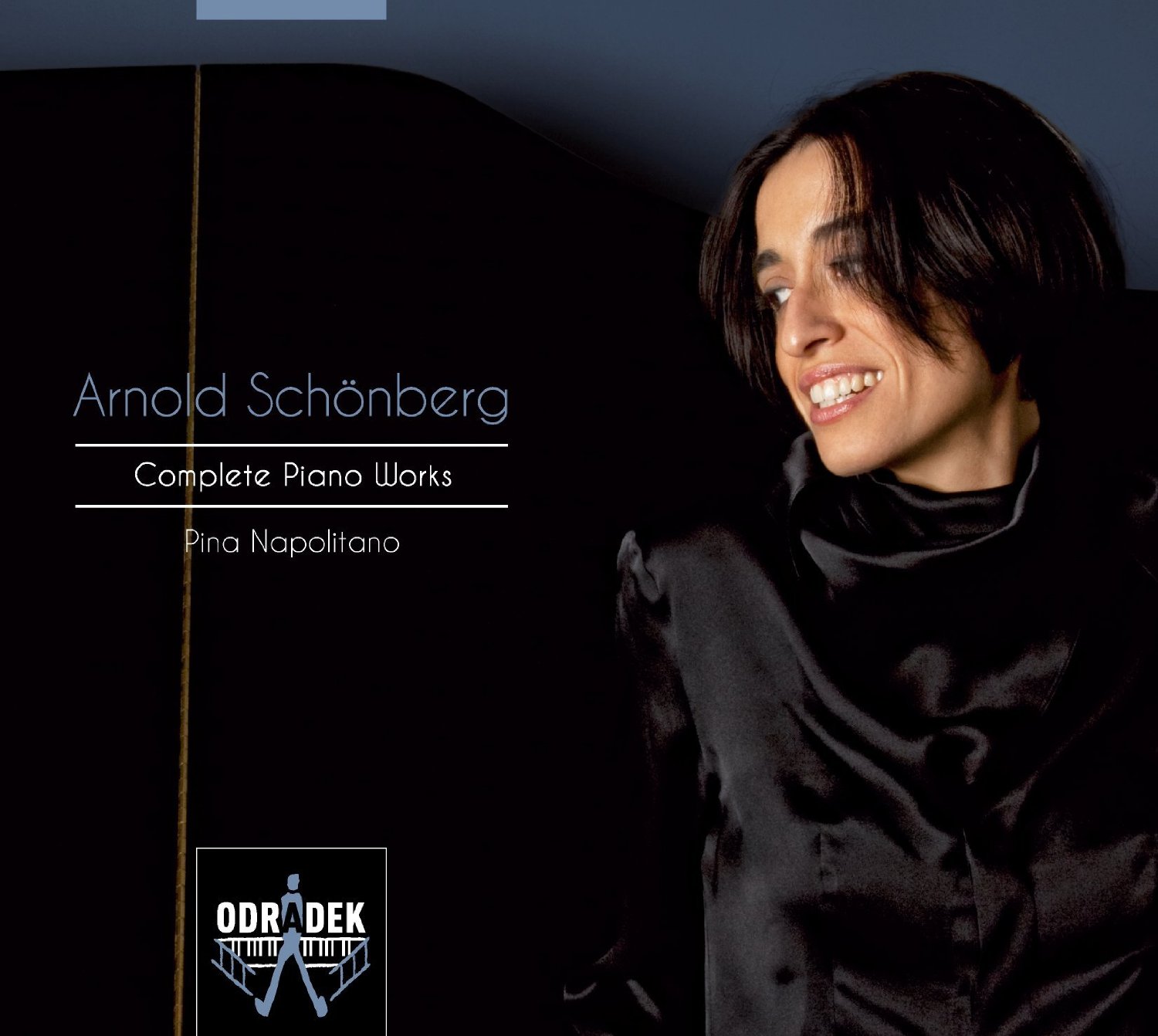
Begin with Timo Andres’s realisation of Mozart’s Coronation piano concerto. Mozart omitted to write down the soloist’s left hand part, so Andres provides his own. Andrew Cyr’s Metropolis Ensemble go out of their way to provide an introductory tutti of rare poise and grace. Within a few minutes of the soloist’s entry, you’ll either skip round the room in delight or storm out in disgust. This is the musical equivalent of drawing a moustache on the Mona Lisa. You sense that the playfulness and anarchy would have appealed to Mozart. Andres’s hyperactive left hand wanders off in a range of unexpected directions. Harmony and rhythm do all manner of strange things. Best to surrender and enjoy the ride. Mozart’s Larghetto comes off beautifully; eight minutes of bittersweet bitonality. The closing Allegretto contains an astonishing, probing cadenza.
Turn next to Andres’s classically-proportioned piano concerto Home Stretch and you’re struck by Mozartian echoes. The opening horn call is a softly-spoken blast from the past, and there’s a luminous clarity to the scoring. As a student work, it’s remarkable, notably for the way in which the music imperceptibly speeds up over 18 minutes. It closes in a mood of frenzied excitement, allegedly reflecting Andres’s nervousness at leaving academia and entering the real world. The disc also includes the intriguing Paraphrase on Themes of Brian Eno. It steals in with a sublime orchestral rendering of a piece drawn from Eno’s 1983 Apollo soundtrack. Perhaps the work is over-extended; Eno’s delicate music works best when it’s a subtle, imperceptible background presence, not buffed up, brightly coloured and chromium plated. Nonetheless it's an enjoyable release, well-annotated and with appealing sleeve art.

The Villanelle which begins Les nuits d’été always surprises. Berlioz’s softly muttering quavers and unexpected key shifts still sound disarmingly modern. Robin Ticciati achieves exactly the right lightness, the delicacy, in a song cycle which should ideally delight as much as it moves. He’s well matched by mezzo-soprano Karen Cargill, whose hesitant phrasing at the start of the fourth song, Absence, is a joy to hear. Best of all is L’île inconnue; Cargill’s “Où voulez-vous aller?” is impossible to resist.
La mort de Cléopâtre was completed in 1829; another one of Berlioz’s unsuccessful attempts to win the Prix de Rome. Composition candidates would be shut in a room with a libretto and expected to produce a dramatic cantata. The wonder lies in how Berlioz achieved so much despite being dealt Pierre-Ange Viellard’s cheesy text. The orchestral effects are extraordinary, and brilliantly played here – the doomy textures at the beginning of the Méditation will induce dread. Cargill is again superb, relishing the melodrama yet managing to give us a glimpse of Cleopatra’s dignity. Her asp-induced death would induce giggles, were it not projected with such vividness and sincerity. Wondrous, as is the Scène d’amour extracted from Roméo et Juliette. Linn’s production values are as usual exemplary.

Schoenberg’s status as a teacher and theorist has never been matched by popularity in the concert hall. He was a far less forbidding figure than his reputation might suggest, yet his name remains box office poison. Schoenberg’s piano music is a good starting point for the curious, and Pina Napolitano’s superb anthology makes a brilliant case for music which remains bewitchingly peculiar. Schoenberg saw himself as part of the Austro-German tradition, and Napolitano excels at highlighting the debts he owed to the past. The opus 11 and 19 suites have a suitably improvisatory, probing quality. Listen with open ears and you’ll encounter marvellous things, but there’s always a nagging feeling of uncertainty, of a composer struggling to find a voice.
With the Op 23 Fünf Klavierstücke it’s as if we’ve arrived somewhere. The outlines are bolder, the sense of motion so much more confident. The Intermezzo at the heart of Op 25 Suite is mesmeric, its heady romanticism both irresistible and unsettling. It’s as if you’re listening to Brahms while nursing a colossal hangover. There are moments when you feel that you’re only a stone’s throw from the music of Debussy. Napolitano’s playing is consistently brilliant, emphasising the sheer rigour of Schoenberg’s music whilst unafraid to accentuate its sensuality. Good notes and presentation add to this disc’s charms.














Add comment